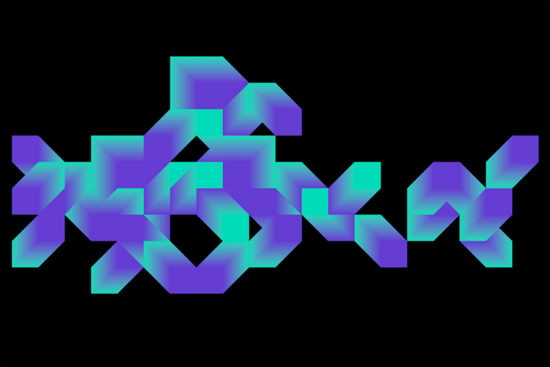News and events
On this page you will find information on new resources and content as well as on upcoming events.
Information about past activities and events can be found in our Archive.
Updates in the web portal Digital Skills

August 2025: After the end of the project, this web portal is being step by step completely revised for the fall semester of 2025.
October 2024: From sommer 2025 onwards, the resources of the Project Digital Literacies will be maintained and further developed as part of the regular offers of the team Educational Technologies of the University of Basel. As a result, this web portal is currently undergoing updates. Please note in particular that the Self-test Digital Literacies is no longer available. New materials and resources will be made available on this platform in the coming months.
«UPGRADE your digital skills»: a course for new students at the University of Basel

August 2025: To help students make a successful start in their studies, the University of Basel has just made the new version of the self-study course «UPGRADE your digital skills» available online. The course is accessible through the ADAM learning platform. It is also open to all other university members who wish to become more familiar with the university's digital infrastructure and expand their digital skills.
The course is currently only available in German and can be found on this website.
